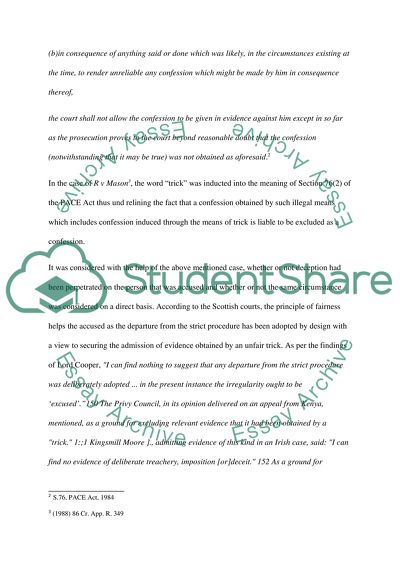Cite this document
(“The Law of Evidence Essay Example | Topics and Well Written Essays - 2500 words”, n.d.)
Retrieved from https://studentshare.org/law/1449371-the-law-of-evidence-course-work-david-has-been
Retrieved from https://studentshare.org/law/1449371-the-law-of-evidence-course-work-david-has-been
(The Law of Evidence Essay Example | Topics and Well Written Essays - 2500 Words)
https://studentshare.org/law/1449371-the-law-of-evidence-course-work-david-has-been.
https://studentshare.org/law/1449371-the-law-of-evidence-course-work-david-has-been.
“The Law of Evidence Essay Example | Topics and Well Written Essays - 2500 Words”, n.d. https://studentshare.org/law/1449371-the-law-of-evidence-course-work-david-has-been.


